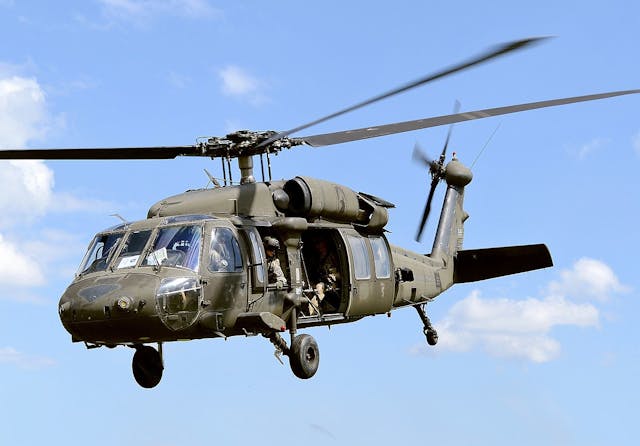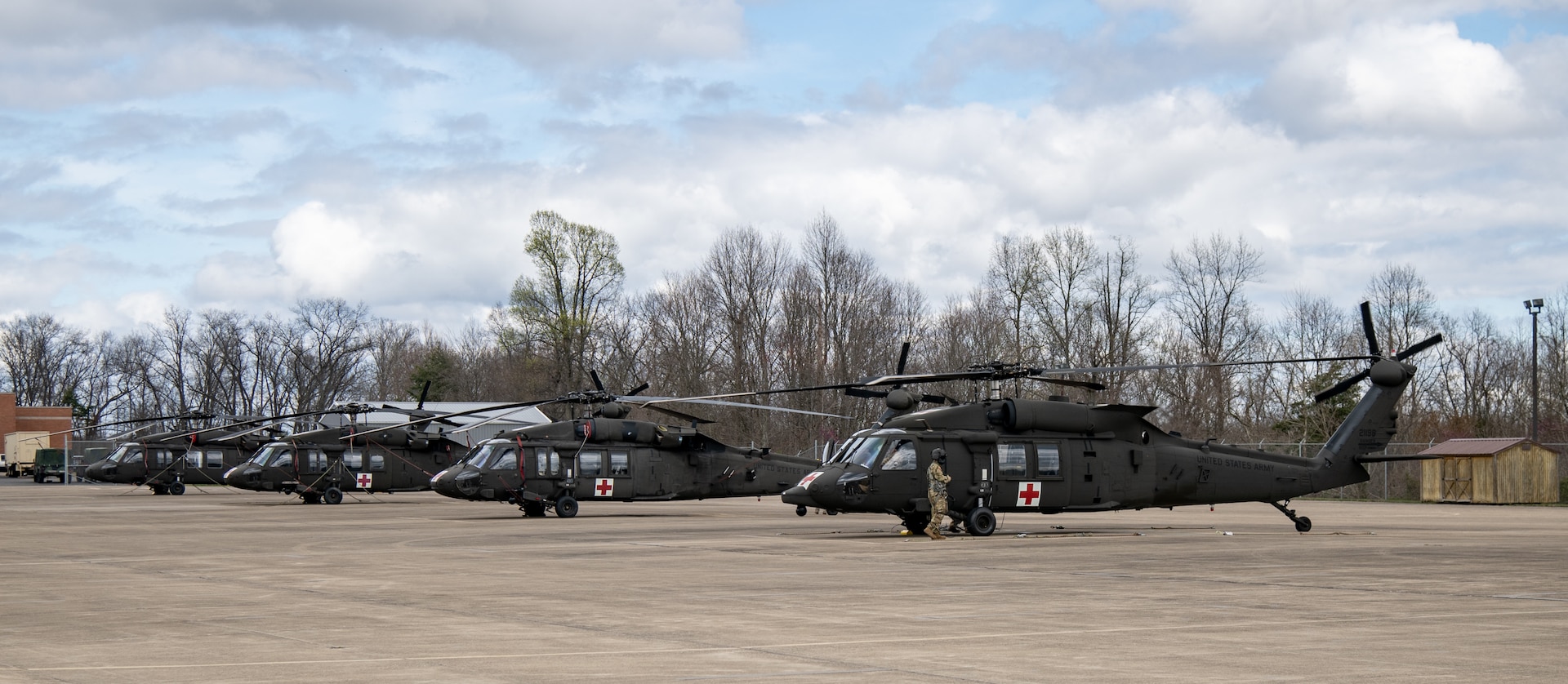UH 60 Black Hawk Helicopter Variations and Their Usages
UH 60 Black Hawk Helicopter Variations and Their Usages
Blog Article
The Duty of Airplane in Forming International Transport and Trade Dynamics
The advancement of aircraft has indelibly transformed global transport and trade dynamics, facilitating extraordinary degrees of connection and efficiency. With the establishment of robust air cargo networks, organizations can now navigate worldwide markets with amazing speed and dexterity, thus redefining supply chain methods. Nonetheless, this improvement is not without its difficulties, as the aeronautics sector grapples with sustainability concerns and governing pressures. As we explore the complex impacts of airplane on worldwide trade, it is important to think about how these elements will shape the future landscape of air travel and its duty in the economy.

Evolution of Air Transportation
The evolution of air transportation has been marked by substantial technological developments and developments that have changed the means people and items cross the globe. From the Wright brothers' first powered trip in 1903 to the growth of supersonic jets, each landmark has actually emphasized the ruthless quest of efficiency and rate in air travel. Early aircraft were largely rudimentary, limited by engine power and architectural honesty. Nevertheless, the introduction of innovative materials and the rules of aerodynamics in the mid-20th century led to considerable improvements in aircraft efficiency, safety, and reliability. uh 60.
The latter part of the 20th century observed the appearance of commercial aviation as a feasible setting of transportation, identified by the intro of jet engines, which revolutionized flight by substantially lowering flight times. Additionally, developments in navigating and interaction technologies have boosted functional effectiveness and safety and security, permitting even more complex trip routes and schedules. The surge of air freight in parallel with traveler services has actually additionally emphasized the convenience of aeronautics. As we want to the future, arising innovations such as independent and electrical aircraft guarantee to redefine the air transportation landscape, guaranteeing continued development and adjustment to international demands.
Effect On Global Profession
Air transport has actually exceptionally improved worldwide profession by promoting the swift motion of items throughout vast distances. This expedited logistics capacity enables organizations to react swiftly to market demands, thereby boosting supply chain effectiveness. The ability to transfer subject to spoiling items, high-value things, and time-sensitive products has actually opened up new markets and chances for different industries, considerably influencing profession patterns.
Moreover, the development of air freight networks has actually fostered globalization, allowing firms to source materials and items from different components of the world seamlessly. This interconnectedness minimizes preparations and expenses, enabling services to continue to be affordable in a progressively worldwide market. Additionally, air transport plays a crucial duty in e-commerce, where consumer expectations for quick shipment have driven a rise sought after for air freight services.
The influence of aircraft on global profession extends to the production of calculated trade courses, connecting regions and helping with worldwide collaborations. Nations that purchase air transport framework often experience improved economic development and enhanced foreign straight financial investment. Generally, the advancement of air transport has not just changed the logistics landscape however has also come to be a vital element in the dynamics of worldwide profession.

Financial Benefits of Aviation
A durable aeronautics sector generates substantial financial benefits, adding to work production, tourist, and overall financial growth - uh 60. The air travel industry sustains millions of work globally, ranging from straight work in flight terminals and airlines to indirect websites duties in sectors such as friendliness, transport, and logistics. According to sector records, for every job in the aeronautics sector, roughly 3.5 extra jobs are created in the broader economic situation
Tourism is a pivotal element of the financial advantages originated from air travel. Air travel helps with international tourist, allowing tourists to explore diverse destinations, which in turn promotes local economies. Countries that invest in their air travel facilities often experience boosted visitor arrivals, causing greater costs on solutions such as tourist attractions, dining establishments, and hotels.

In addition, air travel enhances global connectivity, making it possible for services to access brand-new markets and resources efficiently. As a result, sectors such as shopping and manufacturing benefit greatly from trustworthy air transport, additional driving economic growth.
Obstacles Encountering the Air Travel Sector
Browsing a complicated landscape of regulative, ecological, and economic obstacles, the air travel industry deals with significant hurdles that intimidate its sustainability and growth. Rules surrounding security and safety and security are continuously advancing, necessitating continuous conformity and adjustment from suppliers and airlines (uh 60). This can bring about boosted functional prices and source allotment that interferes with technology and expansion initiatives
In a knockout post addition, ecological problems have actually ended up being vital, with growing scrutiny over carbon emissions and sound pollution. The sector is under pressure to adopt greener methods and technologies, which frequently call for significant financial investment in r & d. Stabilizing these environmental responsibilities with the need for air traveling provides a significant challenge.
Economic variations, such as increasing fuel prices and geopolitical unpredictabilities, even more make complex the landscape. Airlines often grapple with volatile operating costs and rising and fall traveler need, which can affect success and long-lasting planning. Labor scarcities and skill gaps in important locations include one more layer of complexity, impeding functional efficiency.
Ultimately, dealing with these complex obstacles is vital for the aviation industry to preserve its pivotal duty in worldwide transportation and trade, while ensuring durability and adaptability in a progressively affordable market.
Future Patterns in Flight
Changing and arising innovations customer choices are positioned to improve the future of air travel significantly. The combination of expert system and device learning is anticipated to enhance operational efficiency, streamline airport procedures, and enhance customer care. Predictive analytics will assist in a lot more precise demand projecting, permitting airline companies to optimize flight routines and prices versions.
Sustainability is becoming a crucial vehicle driver in flight, with the air travel market increasingly concentrated on minimizing carbon exhausts. Advancements in aircraft design, such as electric and hybrid propulsion systems, are being discovered to satisfy ecological targets. In addition, the fostering of sustainable aeronautics gas (SAFs) is anticipated to play a crucial role in achieving net-zero discharges by 2050.
Customer preferences are moving in the direction of individualized travel experiences. Airline companies are spending in sophisticated information analytics to tailor solutions and improve customer interaction, guaranteeing an extra customized trip from reserving to arrival. Additionally, the increase of remote job might lead to raised need for leisure traveling, as individuals seek to combine work and vacation.
Final Thought
To conclude, aircraft considerably affect global transportation and profession dynamics by promoting fast motion and boosting supply chain efficiency. The evolution of air transport has transformed international trade, generating considerable economic advantages while likewise offering obstacles that need critical management. Future trends suggest an ongoing reliance on aviation for business, highlighting its important role in globalization and financial growth. The continuous adaptation of the air travel industry will certainly be crucial for sustaining its contributions to the worldwide economic climate.
The last component of the 20th century observed the emergence of business air travel as a feasible setting of transport, defined by the introduction of jet engines, which reinvented air traveling by dramatically lowering flight times. The rise of air cargo in parallel with passenger solutions has actually additionally emphasized the adaptability of air travel. Additionally, air transport plays a vital role in shopping, where customer assumptions for quick delivery have actually driven a surge in need for air freight solutions.
Overall, the evolution of air transportation has not only transformed the logistics landscape but has also become a crucial element in the characteristics of global trade.
Sustainability view it is ending up being a key chauffeur in air traveling, with the aeronautics industry increasingly focused on minimizing carbon exhausts.
Report this page